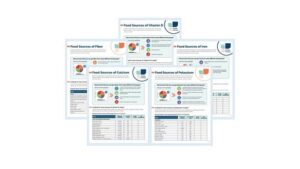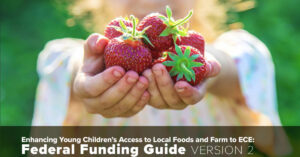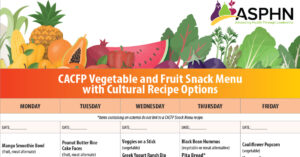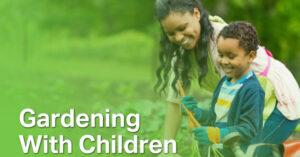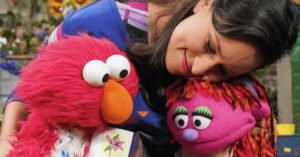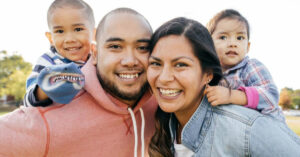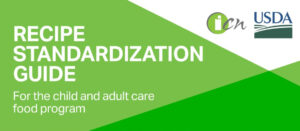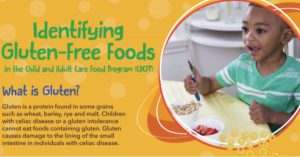Partner Resources
Food Sources of Key Nutrients
The Dietary Guidelines for Americans, 2020-2025 identified 5 important dietary components that many Americans do not get enough of – calcium, potassium, dietary fiber, and vitamin D. MyPlate released new printable handouts that list foods and beverages that are some of the highest sources of these components.
Read MoreBack to School Reading Activities
In September, school is back in full-swing nationwide. Our partners at Read Aloud 15 Minutes have activity sheets to help kids have a successful school year. If you have young ones headed off to kindergarten or children with older siblings, share these resources with their parents.
Read MorePreventing Illness with Handwashing and Glove Use
Hands can harbor unseen germs that can contaminate food and surfaces and ultimately make people sick. They can also transfer allergens to allergen-free foods. The good news is that proper handwashing and glove use are simple yet effective practices that can help prevent the spread of foodborne illness and allergen contamination. ICN’s mealtime memo provides information on when and how to wash hands to avoid illness.
Read MoreFarm to ECE Federal Funding Guide
Funding is a necessary resource to build up and carry out farm to early care and education (ECE) activities. There are a variety of funding sources that states, localities, and organizations have leveraged to support the purchase of culturally relevant local foods; gardening and food tastings; and food, nutrition, and agricultural education for ECE sites.
Read MoreMaking Recipes More Culturally Aligned with Communities
Check out ASPHN’s new cultural recipes and resources available on their CACFP Vegetable and Fruit Snack Menu. It has different ethnic foods of different regions.
Read MoreGardening with Children
Introducing children to gardening can be an enriching experience that fosters a love for nature and promotes an acceptance of healthy foods. The Institute of Child Nutrition’s Mealtime Memo discusses how to engage children in gardening activities to increase their knowledge and acceptance of healthy, local foods.
Read MoreEmergency Response
Our partners at Sesame Street in Communities have developed resources to support community providers and caregivers who serve families and help children face challenges, big and small. When a natural disaster strikes or there is an act of violence in the community, caregivers and providers look for the right thing to say or do.
Read MoreBetter Together Family Cafes
As a child care provider, you are dedicated to the health and well-being of children. While the care that you provide for these children is crucial, their interactions and experiences at home are just as important. Having a strong relationship with families can have a positive impact on the well-being of those in your care. Our partners at Nemours have developed Better Together Family Cafes as an effective family engagement model.
Read MoreRecipe Standardization Guide
The Institute of Child Nutrition’s Step-by-Step Recipe Standardization Guide for the CACFP is a comprehensive guide designed to facilitate recipe standardization within the CACFP. The “how-to” manual is a complete resource, detailing the initial recipe development stage to the final implementation.
Read MoreIdentifying Gluten-Free Foods
Learn how to identify gluten-free foods and get a yummy gluten-free snack recipe.
Read More
